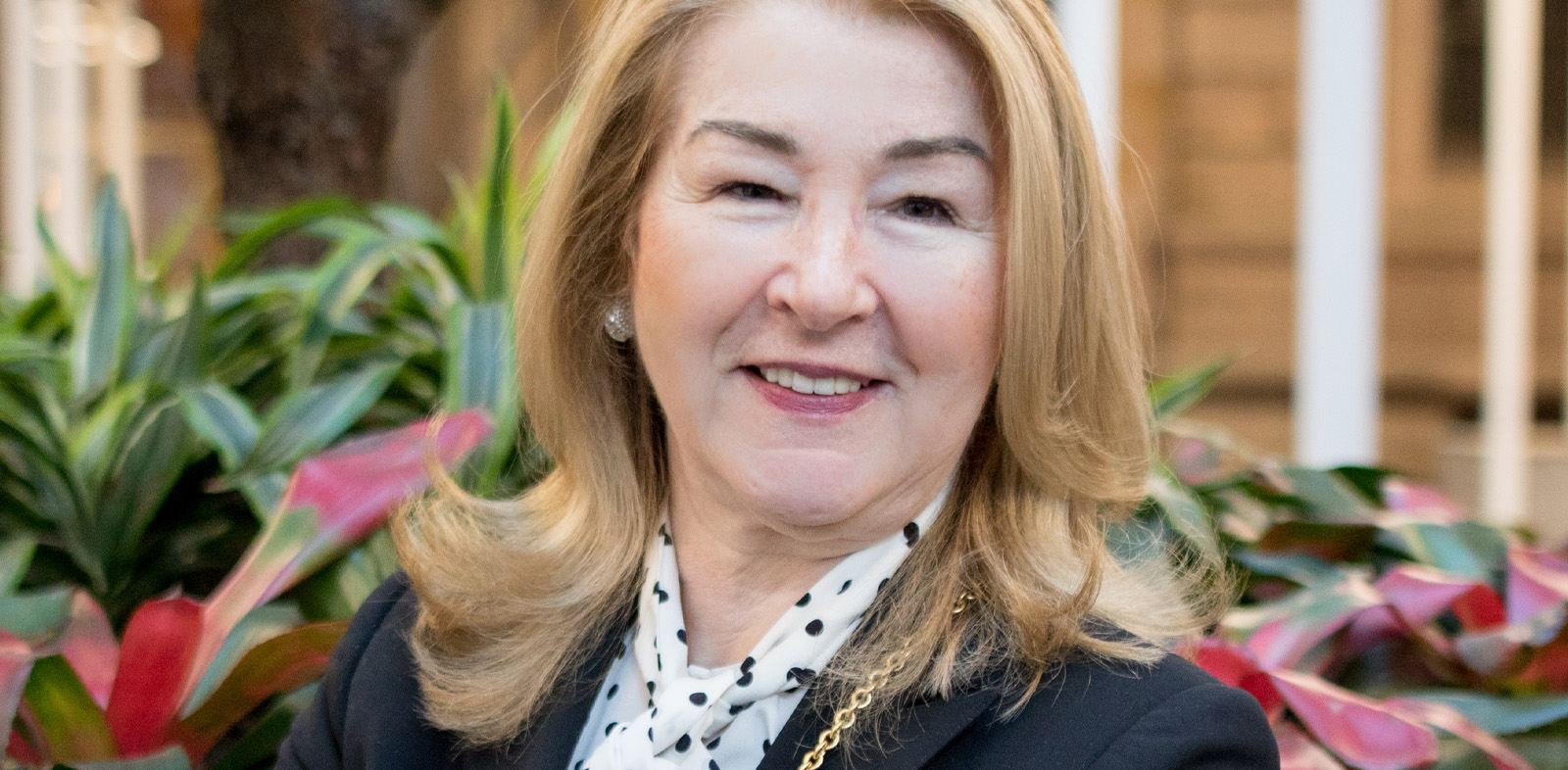It’s not often one can claim to have revolutionized how an entire industry does business. But for Sara Jane Demy, that claim might not be too far from the truth.
Throughout her twenty-year journey in the biopharma industry, Demy transitioned from a relative newcomer employed by the state of New York to an influential figure in the biotech-pharmaceutical innovation ecosystem. As the founder of Demy-Colton, a leading company in organizing specialized events for the biotech industry, she introduced new work methodologies and collaborative platforms that significantly influenced and shaped the industry into its current form.
Her first foray into biotechnology was more by chance than it was by design: “Going down the path of biotechnology was really not an intentional path — I went to school to be an art teacher,” she tells ENMEDIA.
After then earning a degree in International Relations, Demy started her career working to attract foreign corporations to set up shop in New York. Working with her first pharmaceutical client from England in the mid-1990s, she laid the foundation of what would become one of the most important shifts the biopharma industry has experienced.
“In New York, we created a budding community of people involved in the biotechnology and life sciences industry, as difficult as it was back then. It was there I saw the possibilities in the industry,” Demy says. “That gave birth to the New York Biotechnology Association, which led to us hosting BIO’s International Convention in New York and my involvement with BIO.”
That was a period when pharma was still very closed. The lessons of that time — namely that the biotech-pharmaceutical innovation ecosystem struggled with opaque negotiations, a lack of clear pathways to collaboration and a general atmosphere of mistrust — were formative for Demy’s work.
In her decade-long stint at BIO, she built nearly all of their business-facing programs, from the Business Forum, Partnering, CEO and investor conferences to their venture events and more. She noticed early that “the big issue was there was no exchange of information.”
Under her leadership, BIO introduced the partnering tools and mechanisms that dominate the industry today.
“We created a budding community of people involved in the biotechnology and life sciences industry, as difficult as it was back then. It was there I saw the possibilities in the industry.”
Sara Jane Demy, Founder of Demy-Colton
“We turned BIO’s events into meetings that were serious business meetings,” she says, explaining that she was guided throughout by an attitude toward innovation that ran counter to the orthodoxy of the time—that open is better.
If a closed culture seems at odds with today’s biotech-pharmaceutical innovation ecosystem, it’s because Demy and her team helped the ecosystem evolve. The first thing they did was professionalize the one-on-one meeting system—and the system they introduced is one that is now widely in use across the industry.
“We built the prototype,” she explains. “In the system, we would share information about what the pharma companies were looking for, what therapeutic areas they were interested in and what the biotech companies were doing. For the first time, people were connected based on the possibility of mutual interest.”
Demy’s prototype helped the industry evolve, supporting the development of the massive innovation pipeline it benefits from today. The hesitancy to share information and data changed. Companies started to open up to the world and each other—a phenomenon assisted by the explosion of the internet. Companies became outward facing and proactive in their pursuit of mutually beneficial collaboration.
“Today, that is the way business is done, but back then it was impossible to think that would happen,” Demy says, adding: “It was a seismic shift in the way pharma and biotech did business and are doing business today.”
In many ways, Demy oversaw the creation of the innovation infrastructure that the biotechnology and pharmaceutical industries now rely upon—and it is this experience she’s taken to Demy-Colton.
Demy-Colton runs specialized biotech industry events, connecting investors with stakeholders to foster meaningful and concrete collaboration. Highly targeted and curated, Demy-Colton’s events deliver real impact for those invited—and, ultimately, for those who need these treatments to live healthy and dignified lives.
Demy’s organization has been particularly beneficial to smaller- and medium-sized biotech companies.
The first event, attended by 300 people and 50 presenting companies was in San Francisco—and “it provided a place for those smaller companies to get noticed,” Demy says.
Now, Demy-Colton’s flagship event—Biotech Showcase which also includes DigiMed Showcase, Asia Pacific Showcase and Seed Showcase—is pulling more than 3,000 people and hundreds of presenting companies.
Demy-Colton also runs highly exclusive meetings for CEOs and other C-suite executives in the US and Europe.
What’s new for Demy? She has once again set her sights on biopharma’s future—this time launching a fresh series looking to spotlight those at the industry’s cutting-edge.
BioFuture™ looks “beyond small-molecule, beyond large molecule,” explains Demy, and instead convenes leaders from “digital therapeutics, virtual reality, psychedelics and more. BioFuture encompasses everything that will be the future of healthcare.”
For her, this is about more than making investors and companies money—though that doesn’t hurt—and speaks to the critical role in society and public health that the biopharma industry plays.
“Pharmaceutical companies are really looking at global health, at treating people, at providing therapeutics to underserved populations more seriously than they’ve ever done before,” Demy says. “It’s one of the reasons that being in this space makes me so happy.”
